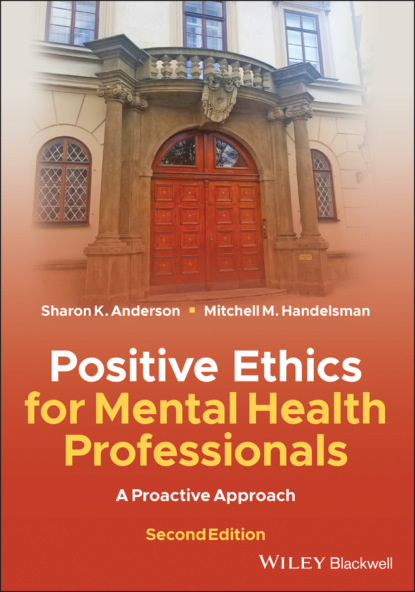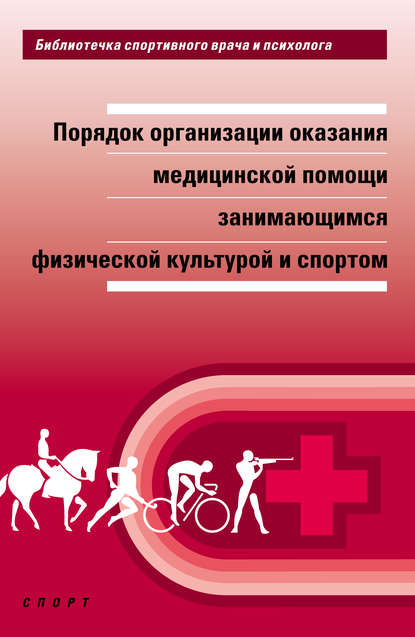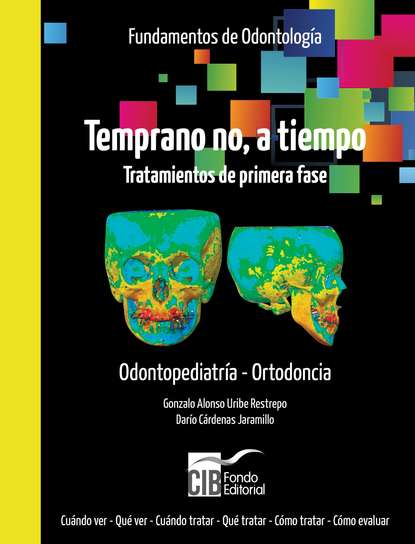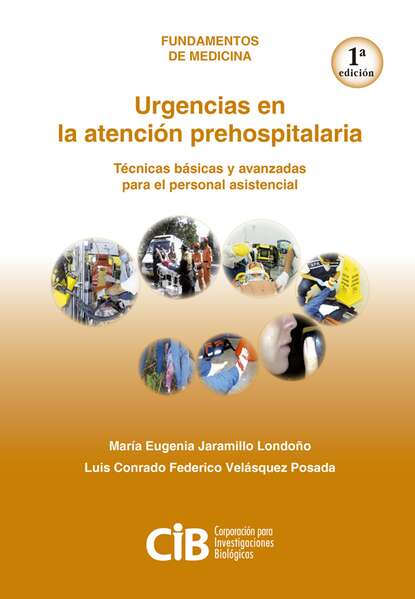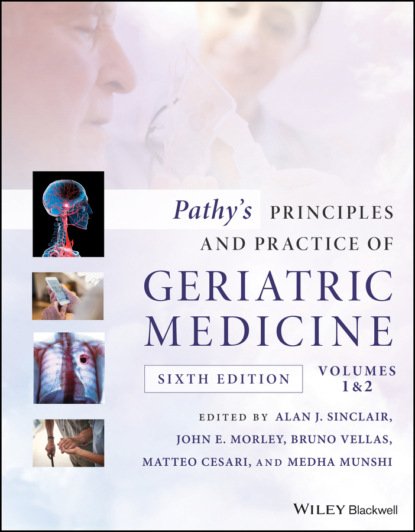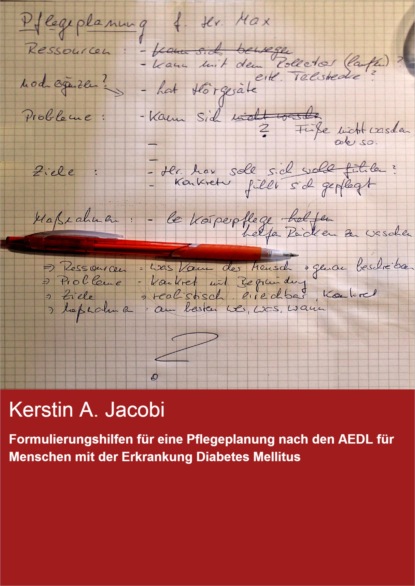В книге Sharon K. Anderson. "Positive Ethics for Mental Health Professionals." издания представлен подробный практический и всеобъемлющий взгляд профессиональной этики от выдающихся психологов Митчелла М. Хейндельман и Шерон К. Андерсон. Вы сможете изучить материал для укрепления и развития своей профессиональной идентичности с использованием такого же неформального и привлекательного тона, как и в первом издании. Авторы также поделятся литературой и предложат позитивные обсуждения, упражнения, сценарии кейсов и задания по написанию эссе, чтобы помочь вам исследовать и развивать свой этический стержень. Это издание книги также предлагает:
1. Введение в понятие "пунктов опрокидывания", или предсказуемых подводных камней, при принятии этических решений; 2. Обсуждение нерациональных факторов в принятии этических решений, включая предубеждения, эвристики и эмоциональные влияния; 3. Актуализацию этнокультурного компонента, который подчеркивает важность вашей собственной истории в развитии вашей этической идентичности.
Электронная Книга «Positive Ethics for Mental Health Professionals» написана автором Sharon K. Anderson в году.
Минимальный возраст читателя: 0
Язык: Английский
ISBN: 9781119628729
Описание книги от Sharon K. Anderson
Develop a practical and comprehensive view of professional ethics In the newly updated Second Edition of Positive Ethics for Mental Health Professionals: A Proactive Approach, distinguished psychologists Drs. Sharon K. Anderson and Mitchell M Handelsman deliver an insightful guide for mental health professionals and trainees to stregthen and/or develop their professional and ethical identities. Utilizing the same informal and inviting tone of the first edition, Anderson and Handelsman share the literature and provide positive discussions, exercises, case scenarios, and writing assignments, to help you explore and develop your ethical core. You'll also develop your self-reflective skills to learn how to make excellent ethical choices regarding psychotherapy and couseling. This edition of the book also offers: An introduction of the idea of «tripping points», or predictable pitfalls, when making ethical choices. Discussions of nonrational factors in ethical decision-making, including biases, heuristics, and emotional influences. A renewed focus on ethical acculturation, which emphasizes the importance of your own background in the development of your ethical identity. Perfect for undergraduate and graduate students studying psychotherapy and mental health counseling, Positive Ethics for Mental Health Professionals , will also earn a place in the libraries of mental health practitioners seeking a primer on the complicated ethical issues that inevitably arise in their practices- and how to prepare for them and navigate them.
